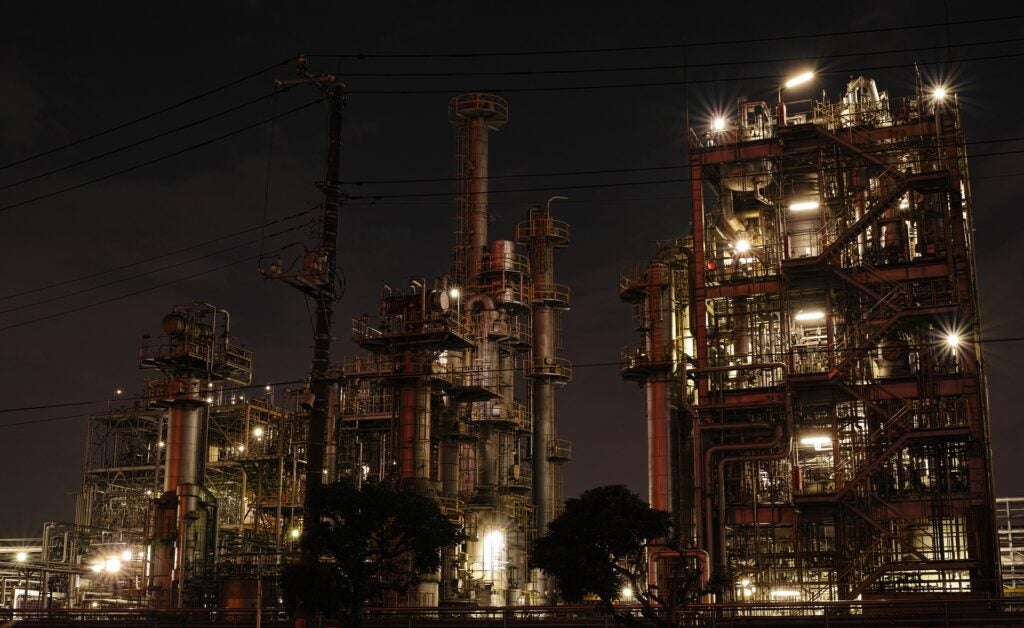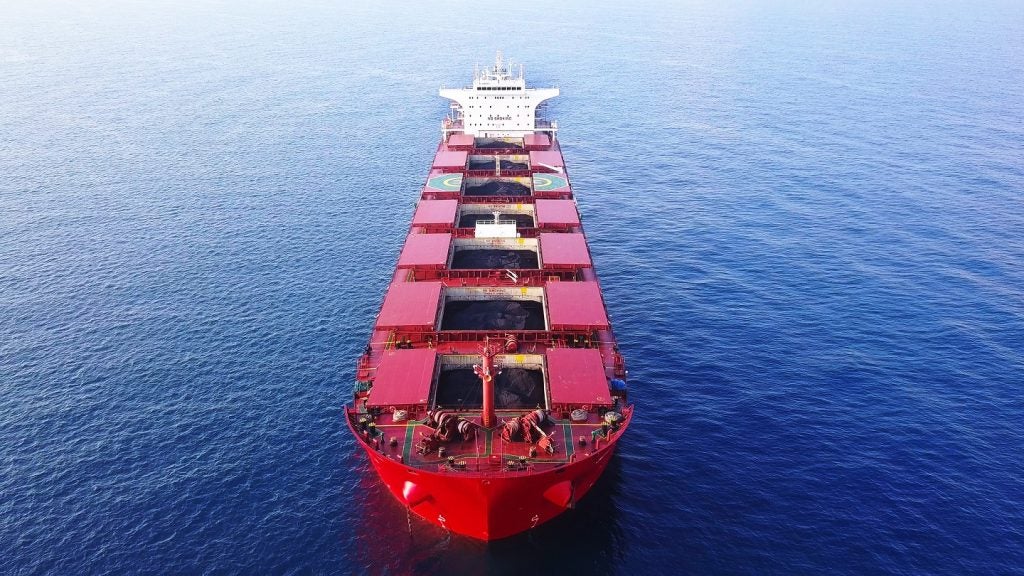Transneft, Russia’s state-owned oil monopoly, said on Wednesday that Russian crude oil exports via its pipelines were down 6.5% last year from 2022 levels. The company handles more than 90% of all oil produced in Russia.
Oil exports to China via pipelines remained unchanged in 2023 from the previous year, at 40 million tonnes.
Despite weather-related disruption issues that prevented oil loadings for 110 full days in 2023, Transneft said that oil exports via the Black Sea port of Novorossiysk rose last year by 3.1% to 30 million tonnes.
The Baltic Sea ports of Primorsk and Ust-Luga saw export increases of 6.5% and 9% to 44.4m tonnes and 34m tonnes, respectively.
Crude supplies exported from the Pacific port of Kozmino rose by 9.4% to 42.8%.
Export increases have in part been offset by the 60% collapse in exports through the Soviet-built Druzhba pipeline to Europe.
The EU has not included Russian pipeline oil supplies among its sanctions, but the Druzhba pipeline route is constantly at risk of being disrupted by fighting between Russia and Ukraine.
To avoid political fallout, Poland and Germany have both ditched Russian oil, but Kazakhstan has agreed to provide oil to Germany and wants to raise supplies to 1.2 million tonnes in 2024.
In December, Russian Deputy Prime Minister Alexander Novak said that around 90% of Russia’s oil exports now go to China and India, after Russia had sought alternative customers following souring relations with Europe.
Novak said: “As for those restrictions and embargoes on supplies to Europe and the US that were introduced... this only accelerated the process of reorienting our energy flows.”
He added that Russia had started to forge closer ties with Asia-Pacific countries before the outbreak of the war in Ukraine.














